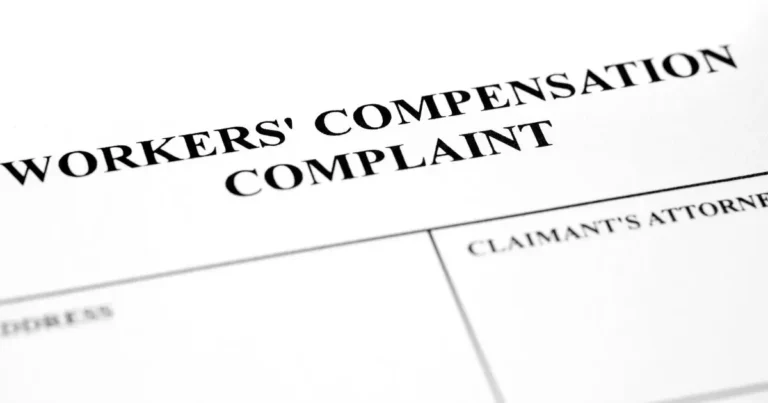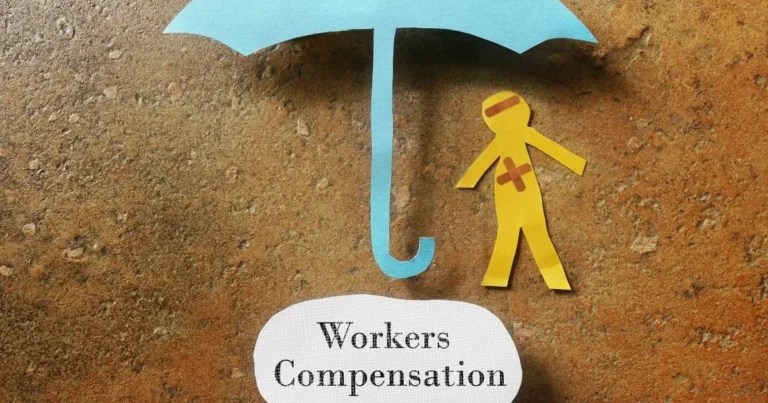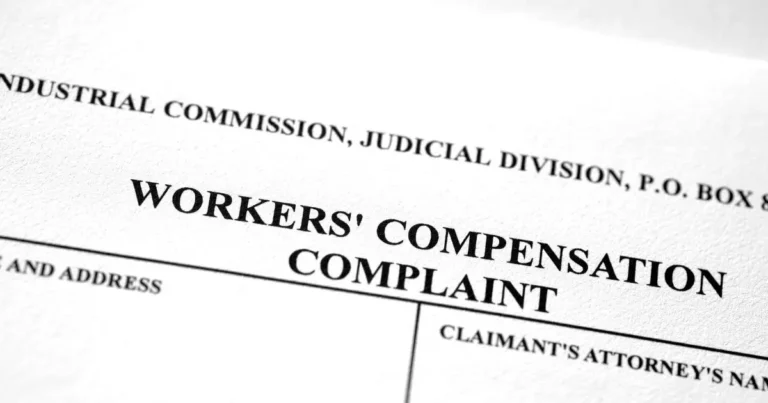Election of Remedies: How Do I Decide Between a Wrongful Termination or Worker’s Compensation Claim?~2 min read
It is an unfortunate and all too common reality: a hard working employee gets injured at work, and then faces termination. The employee tries to work through their limitations, but their employer just does not respect what they can and cannot do, demanding the same tasks as before the injury. If this sounds like your situation, what are your rights and options?
When an employee is injured at work, their medical bills and lost wages from missed time working are covered by worker’s compensation. Worker’s compensation is a type of insurance that many employers are required by law to carry. While a claim may be initially denied, a denial can be appealed to the New Hampshire Department of Labor and be overturned. Awards include payment of medical bills and payment of retroactive benefits for time missed while the employee was unable to work due to the injury.
A wrongful termination claim arises when an employer discriminates against an employee based on their race, gender, sexual orientation, or religion, among other protected groups. These protections extend to an employee’s physical or mental disabilities. An employer’s failure to provide reasonable accommodation for an employee’s known disabilities can result in violation of federal law.
While employers may argue differently, an employee who is injured at work and is later fired due to their limitations following the injury may bring both a worker’s compensation claim for their medical bills and time missed from work due to their injury, and a wrongful termination claim if the employer terminates their employment. This is because the worker’s compensation claim is concerned with the injury at work, while the wrongful termination claim is concerned with the employer’s reaction to the employee’s ongoing limitations or disability.
One exception where overlap exists between worker’s compensation claims and wrongful termination claims is where the termination itself causes injuries, such as mental health injuries. There, under RSA 281:A-8, the employee has a choice to make about how to proceed with their claim and maximize chances of success. Further, the employee may choose to pursue their wrongful termination claim either in the Department of Labor, or in the New Hampshire Commission for Human Rights, but not in both. In either situation, the advice of an attorney can be invaluable.
If you have been injured at work and are dealing with a difficult employer, you may need a Worker’s Compensation or Employment Law Attorney. The experienced attorneys at Parnell, Michels & McKay are here to assist you.
We have 2 office locations: 25 Nashua Rd., Suite C5, Londonderry, NH 03053. Phone number is (603) 434-6331. Our 2nd office is at 137 Main St., P.O Box 669, N. Woodstock, NH 03262. Phone number is (603) 745-8600.
Our firm blends advocacy oriented practice with effective practical solutions for all our clients in Londonderry, N. Woodstock, and throughout New Hampshire. The attorneys at Parnell, Michels & McKay provide effective representation and counseling to assist our clients facing legal questions. We simplify the process so our clients can understand and are able to participate as partners in the resolution.
Our practice includes personal injury law such as motor vehicle accidents, falls, dog bites, workers compensation, social security disability, and other injuries.
We also practice family law, including divorce, post-divorce, unwed custody and property division, and collaborative divorce, and have extensive experience in bankruptcy, probate, boundary disputes, estate planning, corporate formation and other real estate litigation.















